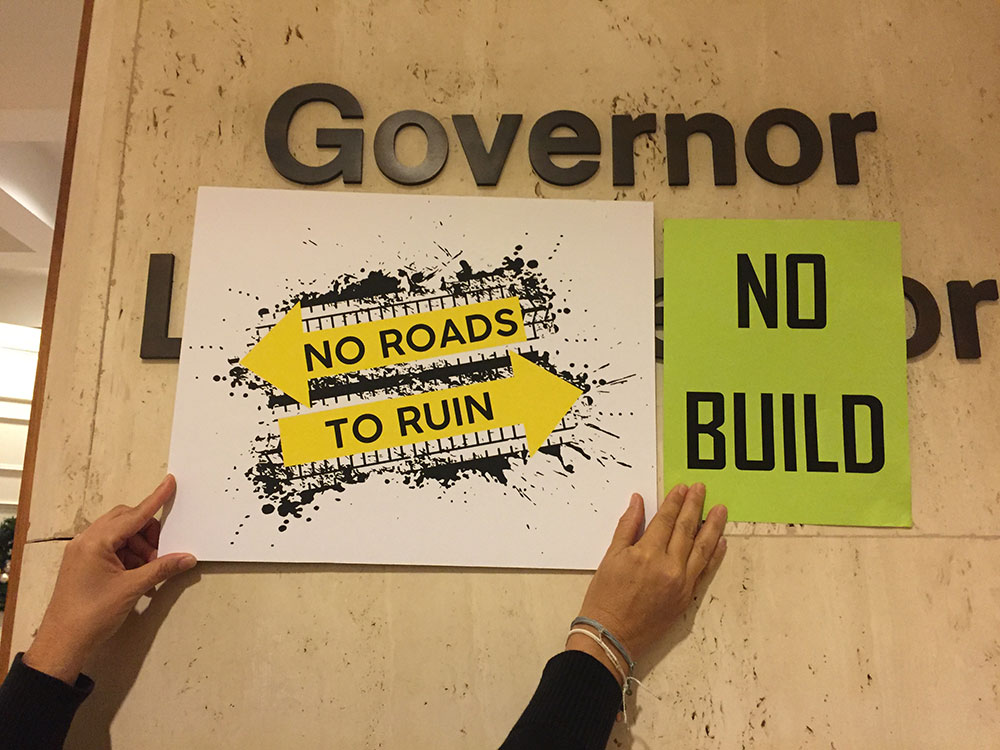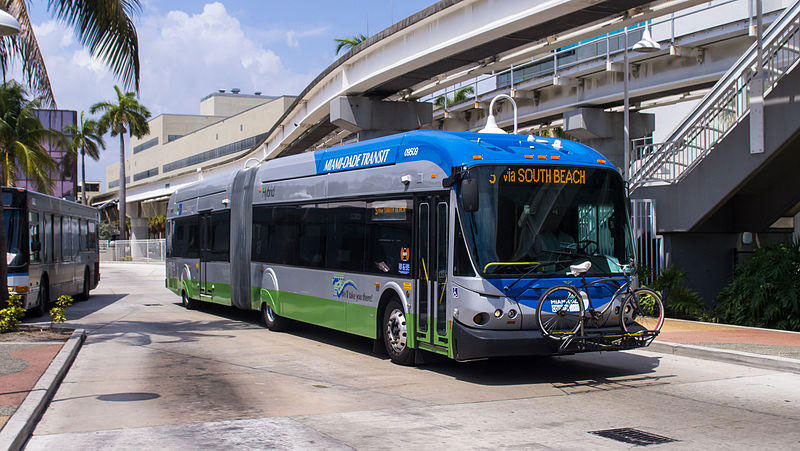M-CORES: Fast-tracked and Rubber Stamped
In August 2019, the Florida Department of Transportation (FDOT) announced the creation of three new task forces and the members charged with evaluating the construction of three massive — and expensive — proposed toll road highways.
Historically, Florida transportation planning undertakes a comprehensive analysis that includes planning data, toll revenue forecasts, and project cost estimates. Most importantly, sufficient time to conduct a thorough analysis of the data. However, the task forces are under a narrow time frame, 13 months to analyze and produce a recommendation report; this process has been fast-tracked.
The task forces are stacked with state employees who may be reticent to speak out against these projects and representatives from industries who most stand to benefit financially from carving up what remains of unpaved Florida. The Florida Trucking Association, Florida Economic Development Council, Florida Internet & Television Association, and the Florida Chamber of Commerce all sit at the table while local community representatives have been an afterthought. Those few brave task force members who do speak up are left with no procedural options for documenting their opposition to the corridors. In other words, the task force process is a sham.


Without any legitimate process to uncover and vet the nonsensical reasoning M-CORES proponents repeat, the false claims made go largely unaddressed. But it is not hard to do. Florida has limited money to spend on infrastructure, both to improve existing facilities and build new facilities. Transit and planning relieve congestion, not more roads. The American Society of Civil Engineers’ 2016 Report Card notes that only 2% of Floridians’ commutes to work were made by public transit and that Florida needs to develop and connect its transit networks with an additional $1.3 billion investment.
Infrastructure is more than roads, and those limited resources need to be deployed in ways that will serve the most people and make sense both in the short term and long term. For example, new tollways through west-central Florida are not the answer to hurricane preparedness. It is not physically possible, given the geography of Florida and the uncertainty of storm paths, to safely, efficiently, or effectively evacuate an entire state.
What Florida needs are more safe spaces a close distance from their homes to shelter during storms. Only 42% of schools are designated hurricane shelters; building new Red Cross certified shelters and/or hardening existing schools for evacuees is a more practical and affordable response to extreme weather events if public safety is the goal.
Florida also needs to consider broadband an essential service and spend the money and resources needed to provide broadband to all citizens. Access to broadband will do more to invigorate the economy and provide opportunities for education and business in sustainable ways that a new toll road cannot. New roads are not and never have been prerequisites for expanded broadband services.
